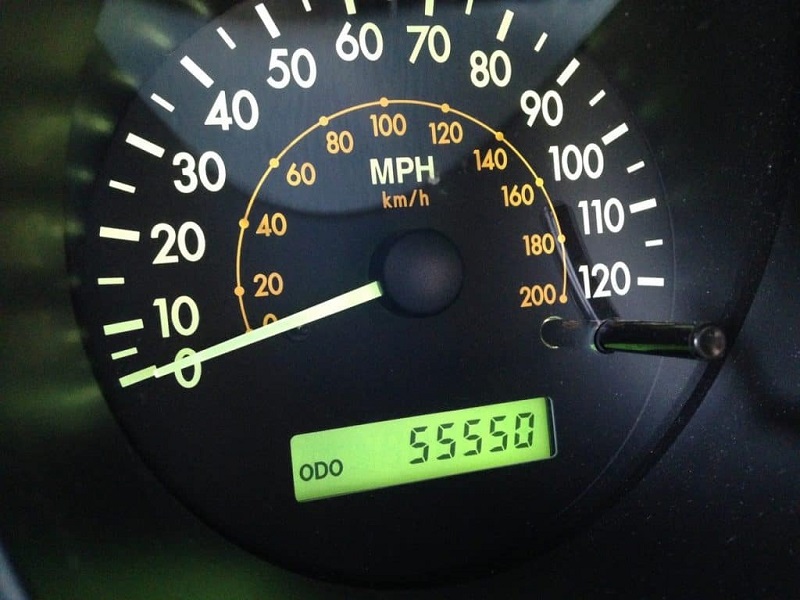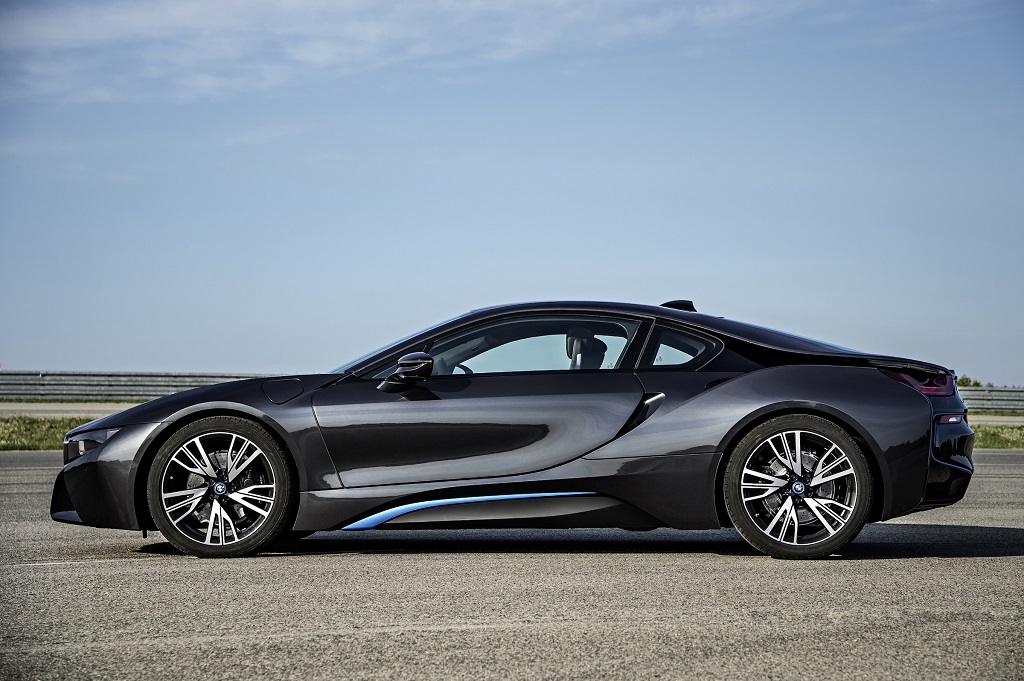As the old adage goes, a car is only as good as its mileage. When it comes to buying a used car, this statement couldn’t be any truer. Mileage, or the distance that a car has traveled, is one of the most important factors to consider when looking for a used vehicle.
But with so many conflicting opinions and information out there, it can be overwhelming to determine what mileage is best when buying a used car. In this guide, we’ll break down the different factors that influence mileage and help you make an informed decision when purchasing your next used vehicle.
The Importance of Mileage
Before we dive into the ideal mileage for a used car. Let’s first understand why it matters in the first place. A car’s mileage is a reflection of how much wear and tear it has endured over time. The higher the mileage, the more likely it is that the car has been driven extensively and may have experienced more mechanical issues.
Mileage also plays a significant role in determining a car’s resale value. As a general rule, cars with lower mileage tend to have a higher resale value compared to those with higher mileage. This is because buyers are often willing to pay more for a car that hasn’t been driven as much and is less likely to have major mechanical problems.
Ideal Mileage for Used Cars
Now, let’s get down to the question at hand: what mileage is best when buying a used car? The answer isn’t as straightforward as you might think. In reality, the ideal mileage for a used car depends on various factors, including the make and model of the vehicle. It’s maintenance history, and how it was driven.
As a general guideline, most experts recommend keeping an eye out for cars with mileage ranging between 12,000 to 15,000 miles per year. This means that a five-year-old car should ideally have no more than 60,000 to 75,000 miles on the odometer. Of course, this is just a rough estimate, and there are exceptions to every rule.
For example, luxury cars tend to have higher mileage due to their premium features and higher price points. In these cases, it’s not uncommon for a five-year-old luxury vehicle to have 100,000 miles or more on the odometer. This is because these cars are built to last longer and can often handle higher mileage without major mechanical issues.
On the other hand, smaller and more affordable cars tend to have lower mileage since they are primarily used for daily commuting and short trips. As such, a five-year-old economy car may only have 30,000 to 40,000 miles on it.
In addition to the make and model, a car’s maintenance history also plays a crucial role in determining its ideal mileage. A well-maintained car with regular services and repairs can have higher mileage. And still be in excellent condition compared to one that has been neglected.
Lastly, the way a car is driven can also impact its ideal mileage. Cars that were mostly driven on the highway tend to have lower wear. And tear compared to those used for city driving, which involves frequent stops and starts.
Other Factors to Consider
While mileage is an essential factor when buying a used car, it’s not the only one you should consider. Before making a purchase, here are some other factors to keep in mind:
- Age of the car: A car’s age can also affect its condition and resale value. Generally, a newer car with higher mileage may be a better option than an older car with lower mileage.
- Maintenance history: As mentioned earlier, a well-maintained car with higher mileage may be a better buy than one with lower mileage but poor maintenance records.
- Location: Where a car was driven can also impact its condition. For example, cars from areas with harsh weather conditions may have more wear and tear compared to those from milder climates.
- Vehicle history report: Before buying any used car, make sure to check its vehicle history report. This will provide valuable information about the car’s past, including any accidents or major repairs.
- Personal preference: At the end of the day, it’s essential to consider your personal preferences and needs when buying a used car. If you plan on keeping the car for a long time. Then higher mileage may not be as big of a concern compared to someone looking to resell it in a few years.
FAQs
Q: Is lower mileage always better when buying a used car?
A: While lower mileage may indicate that a car has been driven less and is in better condition, it’s not always the case. Other factors such as maintenance history and how the car was driven also play a significant role.
Q: Can high mileage cars still be reliable?
A: Yes, high-mileage cars can still be reliable if they have been properly maintained throughout their lifespan. Regular servicing and repairs can prolong the life of a car, even with higher mileage.
Q: What is considered high mileage for a used car?
A: The definition of “high mileage” can vary depending on the make and model of the car. As a general rule, anything above 100,000 miles is considered high mileage.
Q: Should I avoid buying a car with over 100,000 miles?
A: Not necessarily. While higher mileage can indicate more wear and tear, it’s not an automatic red flag. As long as the car has been well maintained and is in good condition, it can still be a reliable option.
Q: Is there a difference between highway and city mileage?
A: Yes, there is a difference. Cars that have mostly been driven on the highway tend to have lower wear. And tear compared to those used for city driving, which involves frequent stops and starts.
Conclusion
When it comes to buying a used car, mileage is an essential factor to consider. While there isn’t a set number that defines the ideal mileage for all cars. Keeping an eye out for vehicles with around 12,000 to 15,000 miles per year is a good guideline to follow.
Remember to also consider other factors such as maintenance history and personal preferences before making a purchase. When in doubt, always consult a trusted mechanic or conduct your own thorough inspection to ensure you’re getting the best deal possible. Happy car hunting!






